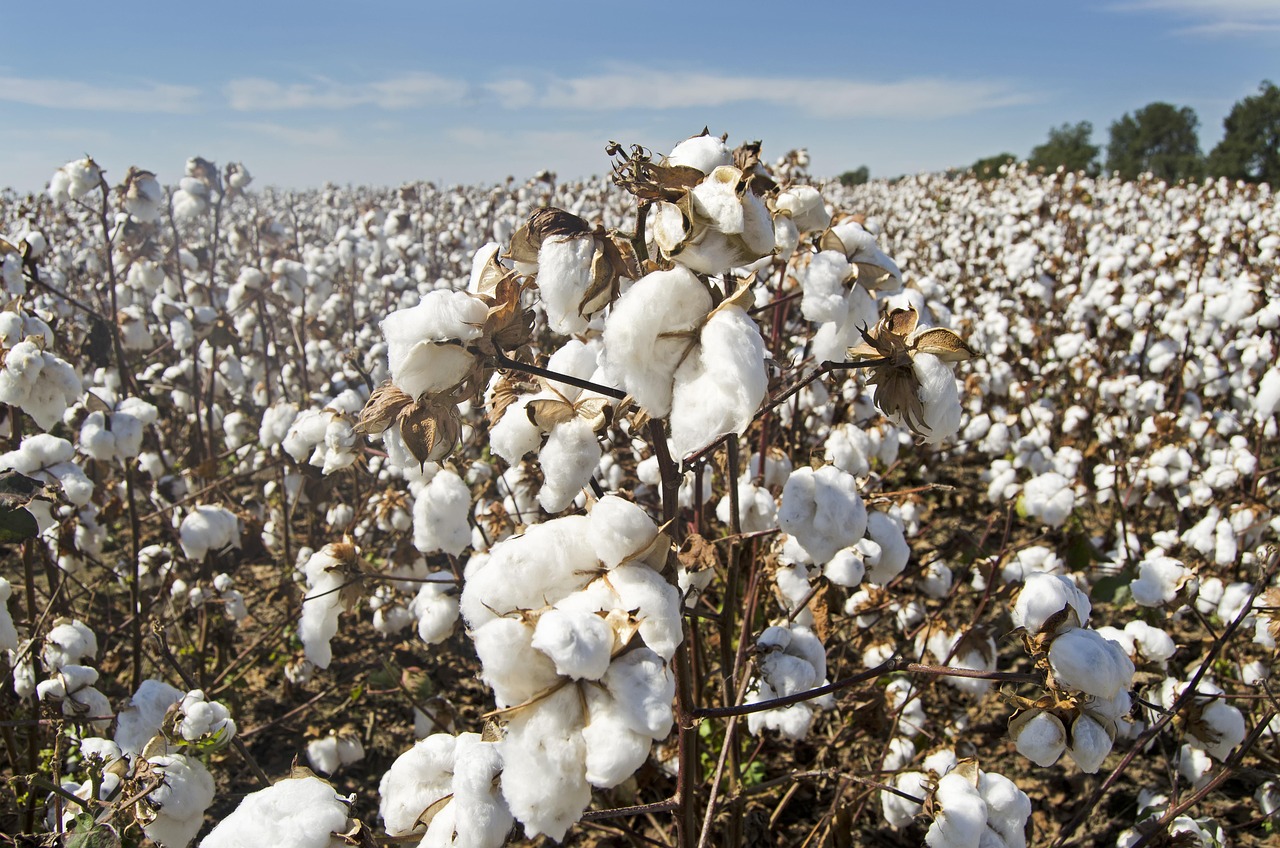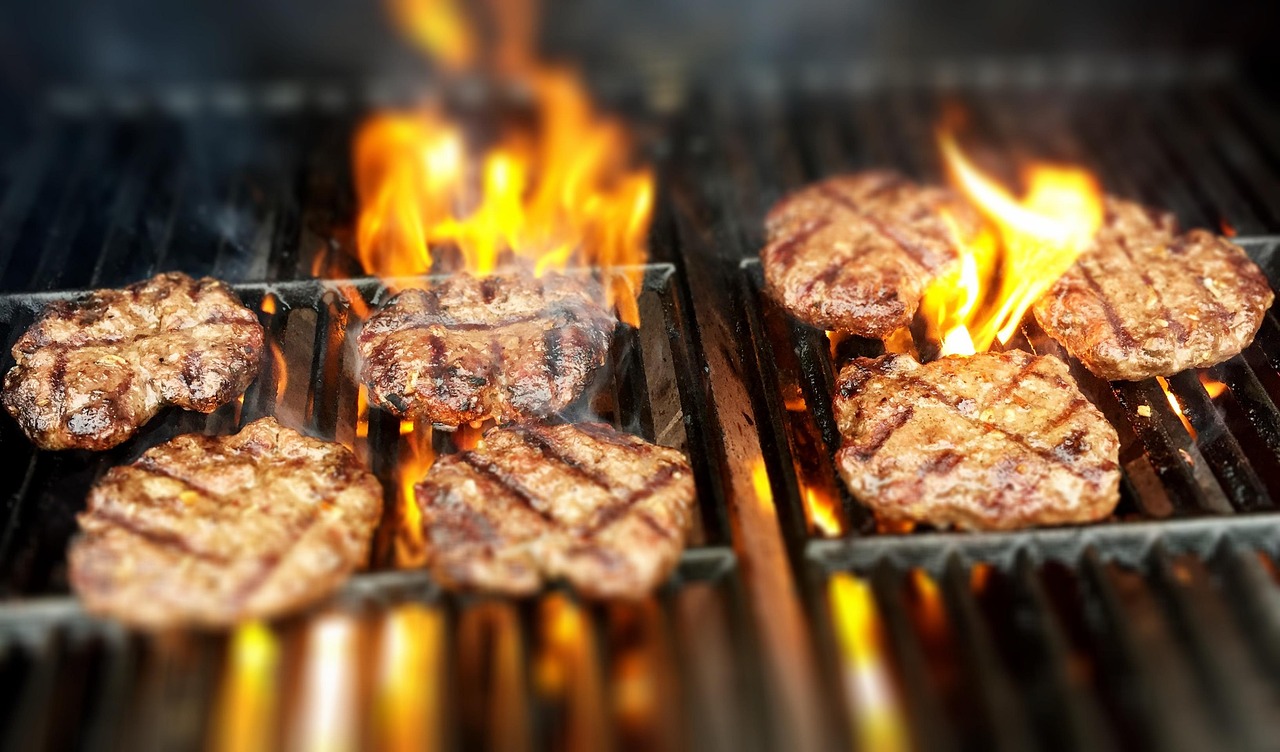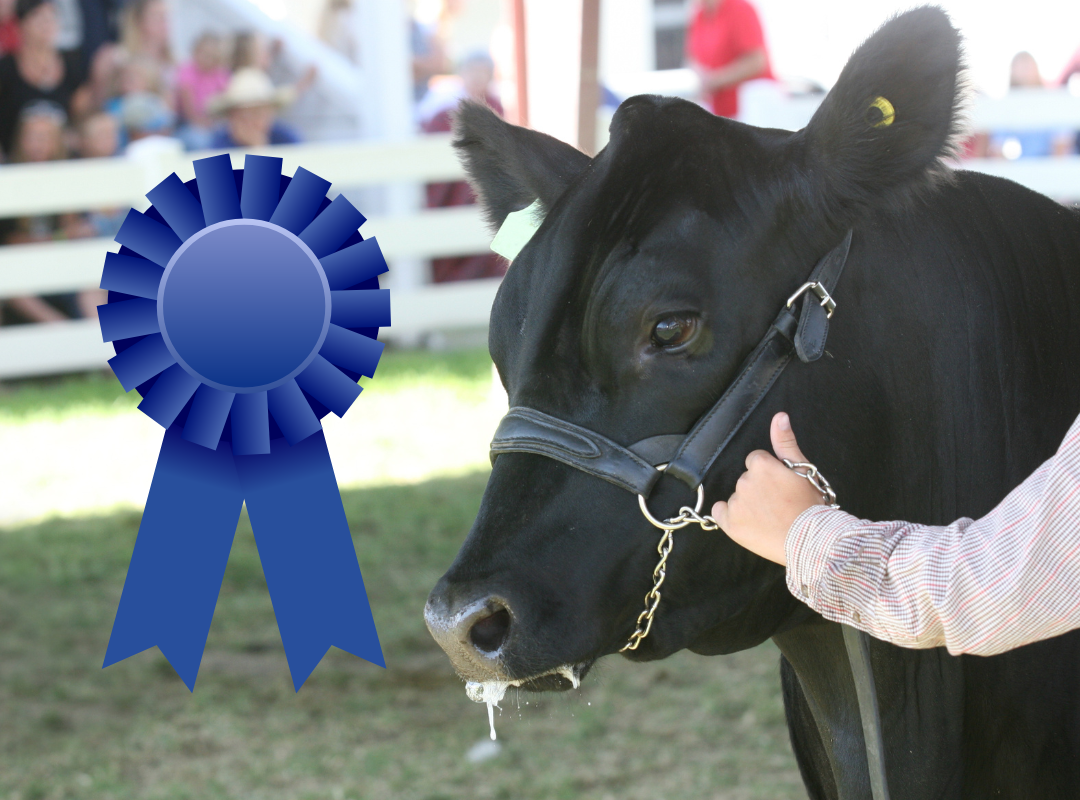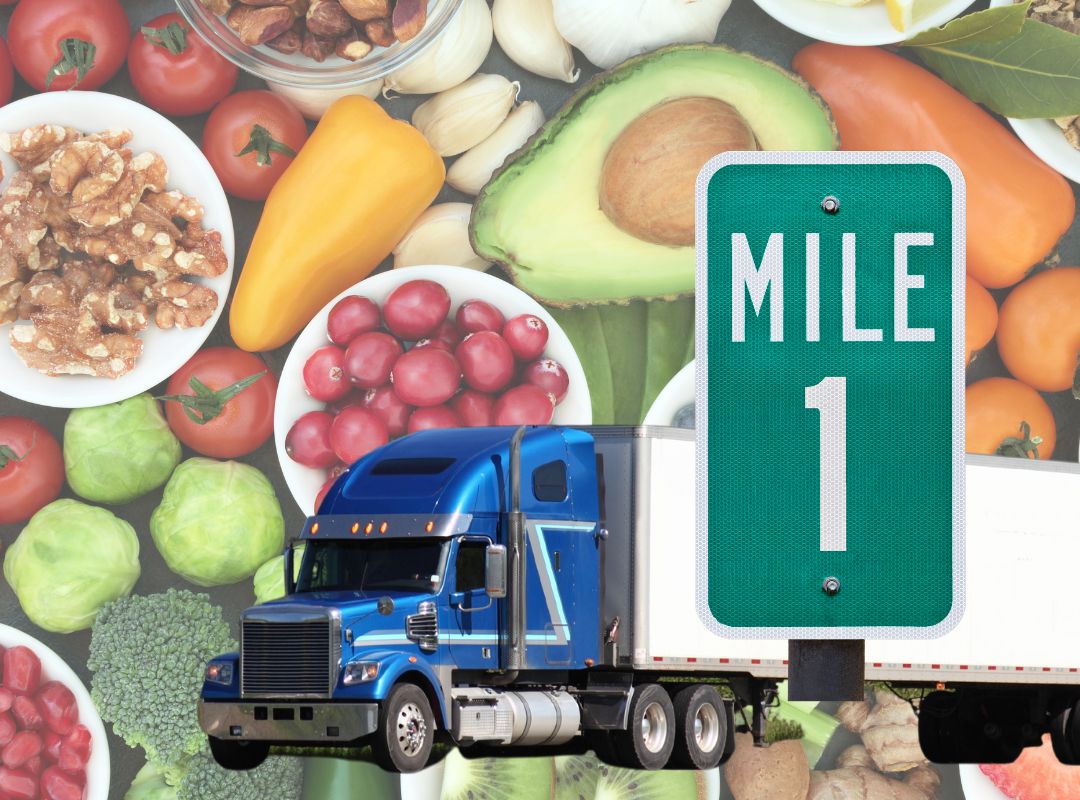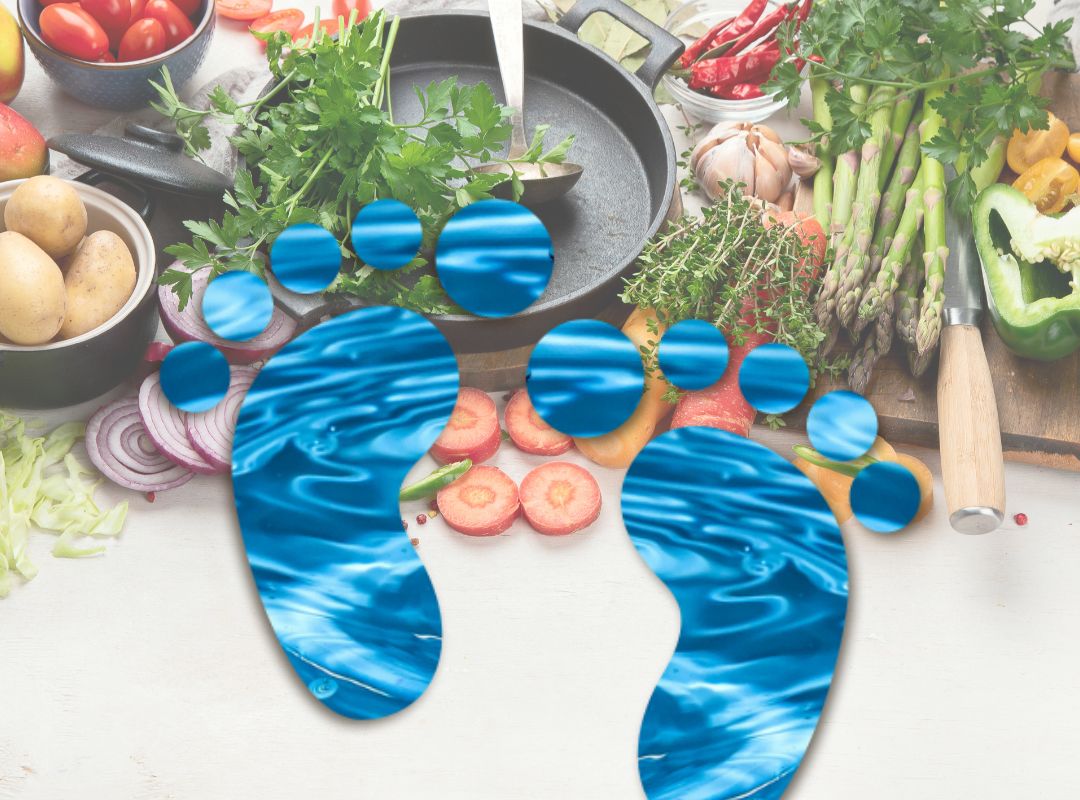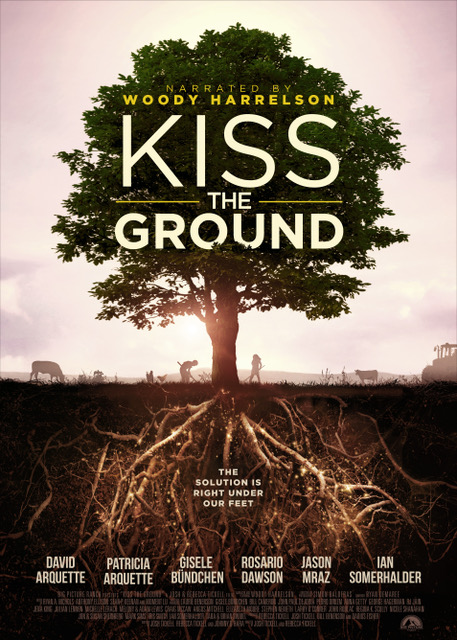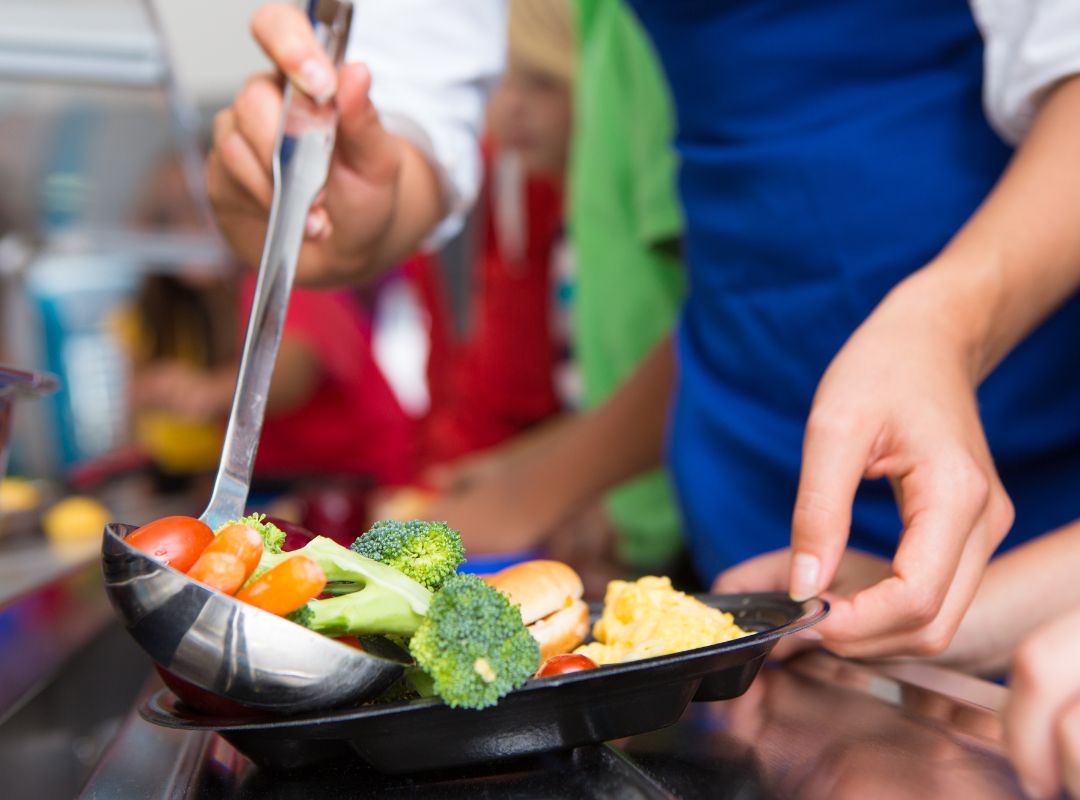
Enlightened Concessions
Through project-based learning, students conduct surveys with their peers at school about healthy food products they think will be marketable for school concessions. Based on surveys and research, they choose an in-demand product to test in class and then present to a guest panel as a healthy choice.
